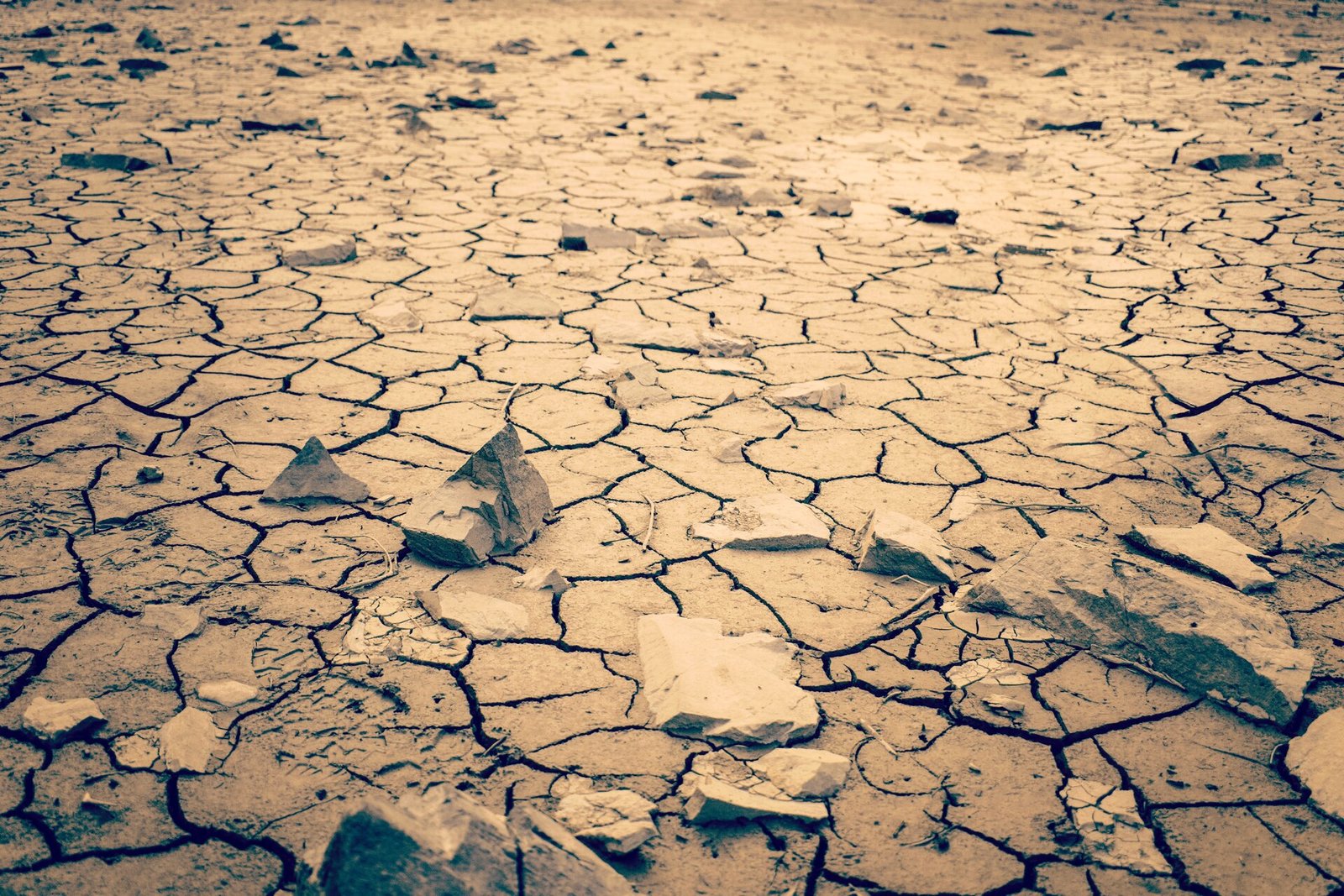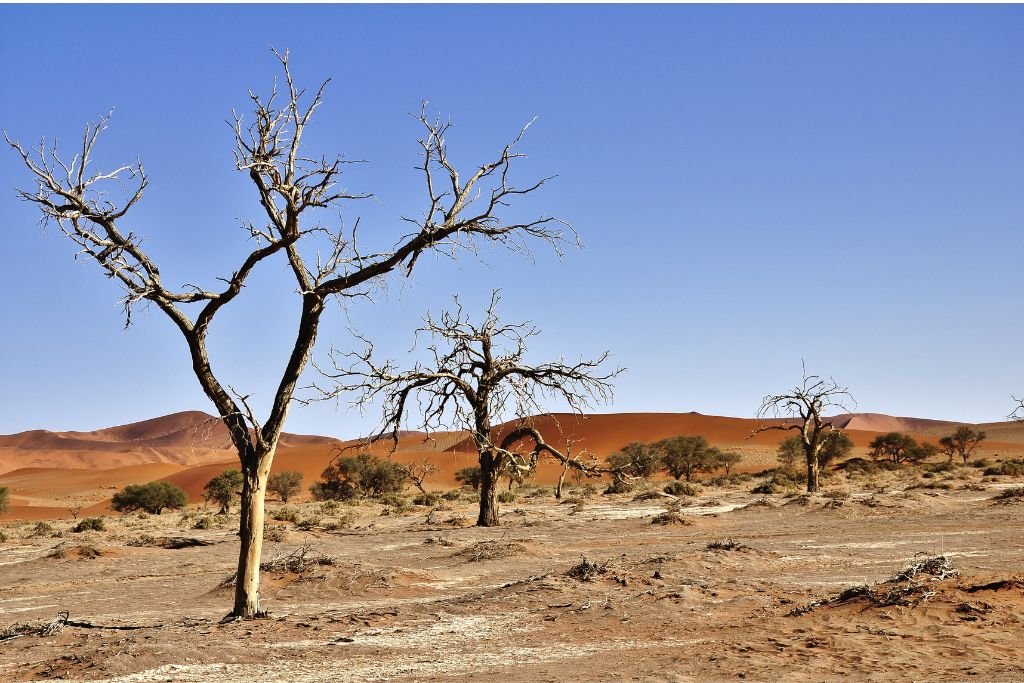Professor Joseph Legend Mfon was the keynote speaker of the World Environment Day organized by Environment Advocates of Nigeria with the theme Land Restoration, Desertification and Drought Resilience” In his address, Professor Joseph Legend mentioned that; World Environment Day is celebrated annually on 5 June and encourages awareness and action for the protection of the environment. It is supported by many non-governmental organizations, businesses, government entities, and represents the primary United Nations outreach day supporting the environment.
He stated that; The United Nations Environment Programme (UNEP) proposed a special day for the environment in 1972, which was designated by the UN General Assembly. This year, the theme of World Environment Day 2024 is ” Land Restoration, Desertification and Drought Resilience,”. Desertification, land degradation, and drought (DLDD) are a silent and invisible crisis that affects people and the planet. As human life requires fertile and productive lands for many essential activities, desertification represents an important obstacle to sustainable development and an aggravator of poverty, poor health, lack of food security, biodiversity loss, water scarcity, forced migration, and lowered resilience to climate change or natural disasters. Estimates indicate that human-induced land degradation affects at least 1.6 billion hectares worldwide, directly affecting 3.2 billion people.

He added that, As the triple planetary crisis of climate change, biodiversity loss, and pollution and waste impact the health of land it is essential to halt human activities that lead to land desertification, degradation and work towards restoring land to protect livelihoods, climate, and biodiversity. According to the United Nations Convention to Combat Desertification (UNCCD), restoring degraded land globally could lock away three billion tonnes of atmospheric carbon into the soil every year, supporting the achievement of the 1.5° target. Land restoration is also essential to ensure human rights, sustainable development, food security, employment, disaster risk reduction, ecological benefits, and improved public health.
In the past decades, the range and intensity of desertification have increased, reaching approximately 30 to 35 times the historical rate and the risks from desertification are projected to increase due to climate change (IPCC, 2019). While being a hard process to quantify, desertification is characterized by declining vegetation productivity, reduced agricultural productivity and biodiversity loss (IPCC, 2019).

According to the IPCC, the major human drivers of desertification interacting with climate change are the expansion of croplands, unsustainable land management practices and increased pressure on land from population and income growth. On the other hand, desertification exacerbates climate change through several mechanisms such as changes in vegetation cover, sand and dust aerosols and greenhouse gas fluxes. Prof. Joseph Legend Mfon added that; the UN Convention to Combat Desertification’s 2022 report Droughts in Numbers finds that the African continent has been the most impacted by droughts in the past century, with over 300 episodes and bearing an important death and economic toll around the world. Projections indicate that by 2050, droughts may affect over three-quarters of the world’s population, and an estimated 4.8- 5.7 billion people will live in areas that are water-scarce for at least one month each year, up from 3.6 billion today. Up to 216 million people could be forced to migrate by 2050, largely due to drought in combination with other factors including water scarcity, declining crop productivity, sea-level rise, and overpopulation. On the other hand, land restoration is the ecological process of restoring a natural and safe landscape for humans, wildlife, and plant communities (UNCCD). Through land restoration, it is possible to reinstate the land’s function to store carbon, to prevent droughts and floods and increase soil productivity. Land restoration can bring economic benefits amounting to USD 30 for every dollar invested in restoration (UNEP, 2021).
Restoration boosts livelihoods, lowers poverty and builds resilience to extreme weather. Restoration increases carbon storage and slows climate change. Restoring just 15 per cent of land and halting further conversation could avoid up to 60 per cent of expected species extinctions.
This year’s World Environmental Day is a call for global leaders to proffer strategies that will enhance land restoration and build a sustainable future for all. Together, we will build a sustainable future for generations yet unborn.

